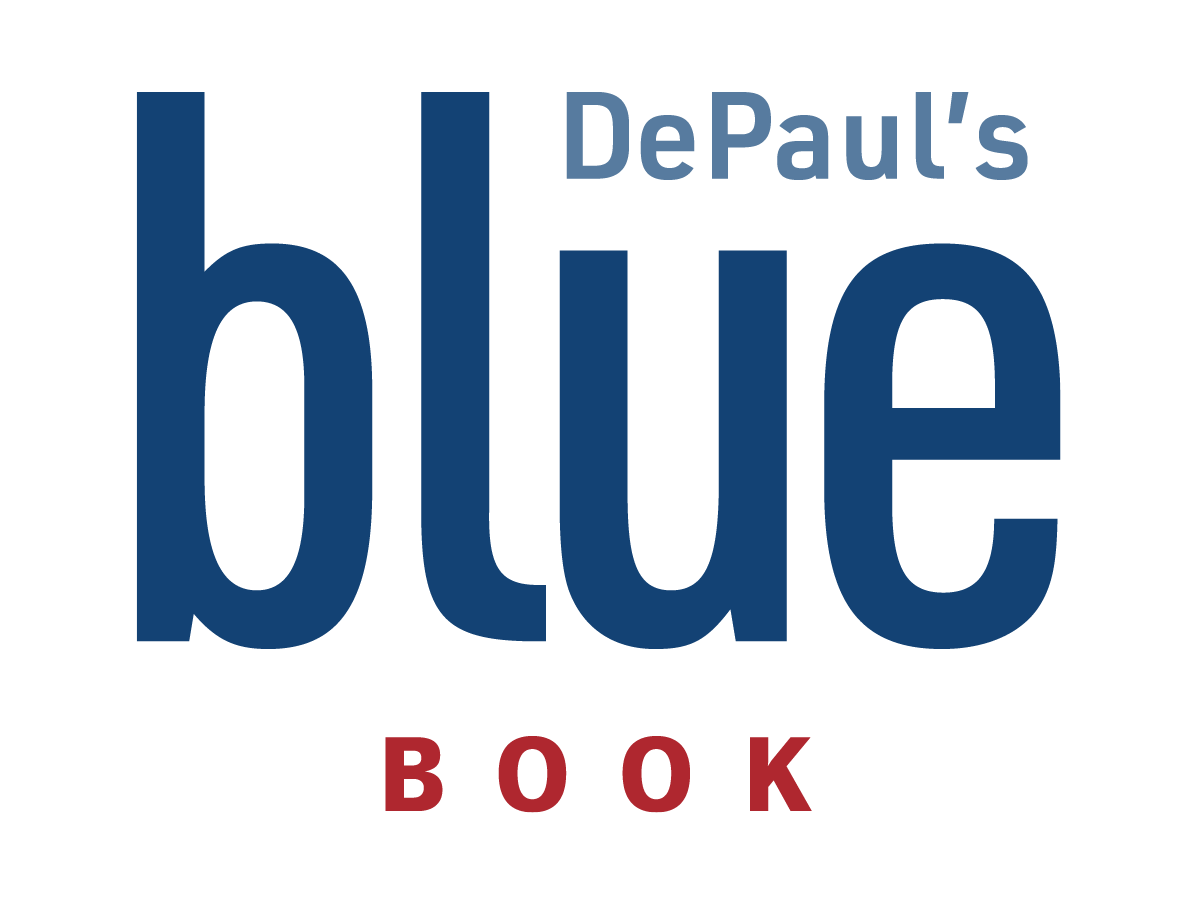
Dr. Michele Morano
Michele Morano holds a PhD in English and an MFA in Nonfiction Writing from the University of Iowa. She is the author of two books, the travel memoir Grammar Lessons: Translating a Life in Spain and the memoir-in-essays Like Love (one of ten books long-listed for the 2021 PEN Diamonstein-Spielvogel Award for the Art of the Essay). Her short work has appeared in many anthologies and journals, including Best American Essays, Fourth Genre, Brevity, Ninth Letter, and WaveForm: Twenty-First-Century Essays by Women. She has received honors and awards from the Rona Jaffe Foundation, the American Association of University Women, the Illinois Arts Council, and the MacDowell Colony, among others.
Dr. Morano teaches undergraduate and graduate creative writing workshops in nonfiction and fiction writing, along with literature courses focused on memoir and travel writing. A strong proponent of study abroad, she has led DePaul trips to Spain and India. She is an ASK (Alumni Seeking Knowledge) mentor, a member of the Academic Integrity Board, and a founding editor of the English Department’s Big Shoulders Books. Dr. Morano regularly advises Honors and Masters thesis students in the areas of nonfiction and fiction writing, as well as in multi-modal narrative.
On Books, Bans, and English at DePaul
In New York’s Hudson Valley, where I grew up, August can be oppressively hot. On a Tuesday morning, the hazy sun pressed down on my head, body, feet, while cicadas buzzed electrically. At nine years old, I was allowed to walk alone the short distance from our front door, across Fulton Street, and through the side yard of Violet Avenue Elementary School, a stone and white-pillared building on a hill. What a relief to climb the cement stairs, sweat running along my temples, and enter the cool smell of floor wax. Up another set of stairs, around a corner, and just as my eyes adjusted to the dim light, there it was: a classroom-sized paradise.
Each summer the library opened for a few hours on Tuesdays and Thursdays to encourage students to read. There were always a few families browsing, with kids like me who felt most at home surrounded by books. Often the librarian kept the lights off, sunlight peeking in around the heavy drapes, which made the room feel summery.
The library—walls lined with walnut bookcases surrounding eight reading tables—was my favorite part of school. Divided down the middle, its right side contained books appropriate for kids up to third grade, while the left side contained more mature books. The librarian liked to enforce that divide, having once refused to let me borrow a biography of Clara Barton because it was too advanced for a second-grader. In response, my mother sent written permission for me to borrow any book that appealed to me. It didn’t matter how difficult the vocabulary or concepts were. I was raised to believe that the freedom to choose the books that capture your attention is a fundamental right.
Maybe that’s why I find it so distressing when some folks attempt to ban or restrict books at libraries, schools, colleges, and universities. Community members who don’t want their children learning about race, sexuality, the full picture of American history, and other “dangerous” topics, are determined to prevent readers in general from encountering them. My mother, a lifelong conservative, would be furious. You don’t like the content of a book? Don’t read it. But step aside for others.
Literature is extremely powerful, and students at DePaul experience that power as readers, writers, and budding professionals. In literature courses from medieval to contemporary times, they study provocative stories as sites of resistance and cultural reformation. In creative writing workshops, they tell their own stories or capture moments and ideas in poetry, essays, short stories, novellas. In publishing courses, including those that produce volumes for our social justice imprint Big Shoulders Books, students work to amplify voices from the Chicagoland area that might not otherwise be widely heard. At DePaul we read, write, and produce the kind of literature that some want to ban, and we’re proud of it.
Banning or restricting access to books is anti-democratic, something I associate with closed societies. Was I able to understand that biography of Clara Barton in second grade? Not really, but I remember vividly a scene in Chapter One describing a birthday party at which the young Clara—decades before serving as a Civil War nurse and founding the Red Cross—eagerly passed out large slices of cake to her guests until there was none left for her. Even at a young age, I understood from that scene that if a girl isn’t careful, she can follow the script of the “selfless female” to the point of depletion. An important, life-shaping lesson.
Later, when I was in seventh grade and part of the target audience of Young Adult literature, which is heavily represented on banned books lists, kids in my health class passed around a battered copy of Judy Blume’s Forever, with the racy pages bookmarked. We all read them, out of context, and would have done so even more eagerly if our school library had banned the book.
My own writing is most often motivated by a desire to explore, with honesty, topics that make my palms sweat. A partner suffering from depression and suicidal ideation, a mother who left her husband for a woman in the 1970s, a teacher’s crush on an adolescent student, the way infatuation comes into our lives even when we’re happily partnered. I’m fascinated by the line between power and danger, between what we’re comfortable confronting and what requires a bit of fortitude. The truth of experience in all its complicated messiness: that’s what literature offers us.
It’s a pleasure to teach DePaul students to follow their interests and continue the challenge of reading, writing, and producing literature that expands us all.
